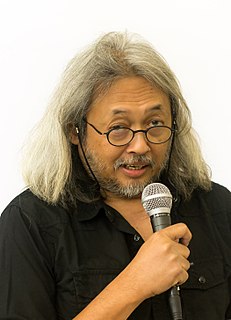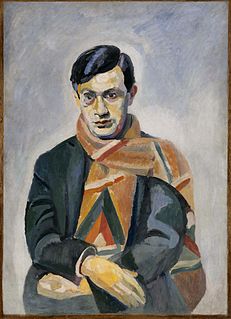A Quote by Barry Commoner
Environmental concern is now firmly embedded in public life: in education, medicine and law; in journalism, literature and art.
Related Quotes
There is a danger in our modern practice of using embedded journalism. As there is less and less money available for journalism to uphold its independence, there is a temptation for people to take short cuts. If this army or that army or this corporation is willing to pay for your flight or your accommodation, then it's much more difficult to tell what the real story might be. I do have a concern about that.
The Lord's Prayer is 66 words, the Gettysburg Address is 286 words, there are 1.322 words in the Declaration of Independence, but government regulations on the sale of cabbage total 26.911 words. The difference between literature and journalism is that journalism is unreadable and literature is not read.




































